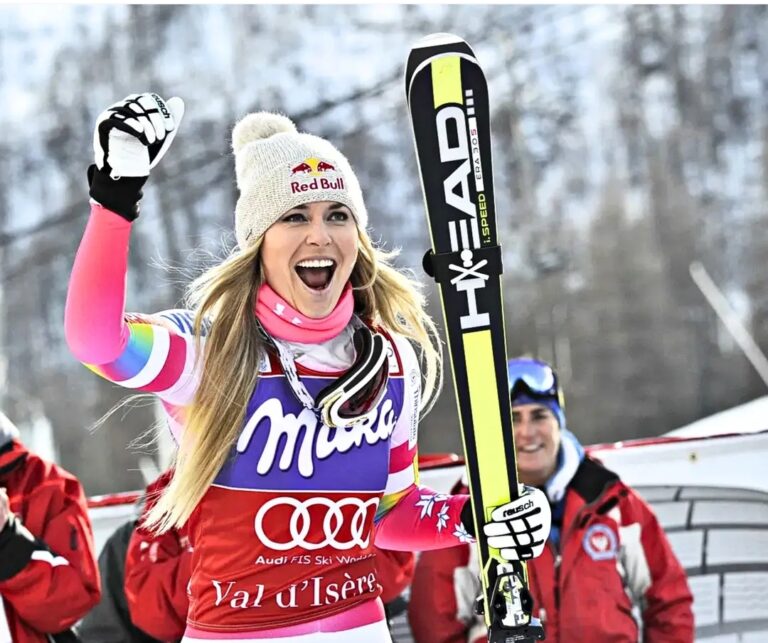The ski season’s opening races have always been a test of endurance, but this year, the strain on athletes has reached alarming levels. Injuries have plagued some of the sport’s brightest stars, and despite these concerns, the racing calendar remains a grueling grind that even the indomitable Mikaela Shiffrin finds challenging to keep up with.
After a triumphant return in Åre, Sweden, Shiffrin has expressed concerns about the toll the travel-heavy schedule is taking on skiers. Following her 99th World Cup win in Gurgl, Austria, Shiffrin candidly admitted that the current race calendar isn’t sustainable. “It is really hard on the body and mind,” she confessed, reflecting on the arduous travel between Sölden, Levi, Gurgl, and Killington.
Shiffrin’s frustrations are not isolated; athletes across the circuit, including 142 from Protect Our Winters (POW), have voiced similar concerns about the strain placed on them by the demanding schedule. The International Ski Federation (FIS) has been slow to respond to these pleas, and while they’ve made minor adjustments to the calendar, the changes haven’t addressed the core issue: the sheer exhaustion that comes with back-to-back races in far-flung locations.
Shiffrin has proposed an ideal solution, suggesting that the season start and end later, giving athletes more recovery time between events and reducing the environmental impact of constant travel. This proposal is not only beneficial for the athletes but also aligns with the sport’s growing focus on sustainability.
However, FIS Chief Race Director Markus Waldner remains cautious, arguing that even small changes could have ripple effects throughout the season, complicating everything from weather considerations to World Championship timelines. While Waldner’s concerns are valid, they also highlight the need for a more comprehensive and sustainable approach to the racing calendar.
The current system is taking a human toll on athletes like Shiffrin, who are pushing their bodies to the limit to compete at the highest level. The exhaustion, injuries, and mental strain are all symptoms of a system that prioritizes competition over athlete welfare. It’s time for the FIS and the skiing community to come together to find a more sustainable and athlete-centric solution.
As the skiing world watches Shiffrin and other athletes struggle with the demands of the current calendar, it’s clear that change is necessary. The FIS must take a more proactive and comprehensive approach to addressing the concerns of athletes and prioritizing their welfare. By working together, the skiing community can create a more sustainable and equitable system that allows athletes to thrive and compete at their best.
